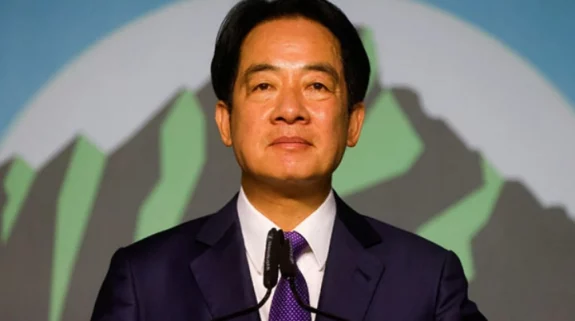Hong Kong's justice secretary said on Sunday that a mainland Chinese law to counter sanctions imposed by foreign governments could also be included in Hong Kong's mini-constitution.
Critics have warned that the anti-foreign sanctions law could undermine Hong Kong's reputation as a global financial hub, and hit sentiments of foreign investors. The law gives local authorities the power to arrest foreigners.
Justice Secretary Teresa Cheng's comments are a strong official indication that the Hong Kong authorities are poised to roll out the mainland law, passed in June to counter foreign sanctions being imposed by the U.S. and EU to build pressure over China’s violation of human rights violations in Hong Kong and Xinjiang, according to a Reuters report.
Under the law, individuals or entities involved in making or implementing discriminatory measures against Chinese citizens or entities could be put on an anti-sanctions list by the Chinese government.
Also read: In a clear message to China, US triggers move to restore Taiwan’s observer status at WHO
Cheng wrote in an official blog entry that the "most natural and appropriate way" to introduce the anti-sanctions law into Hong Kong would be to add it to an annex of the Basic Law, or Hong Kong's mini-constitution.
“The National People's Congress Standing Committee will add a national law to an annex to the constitutional documents of Hong Kong and Macao, each known as the Basic Law, during a four-day session set to start August 17,” according to a report by China’s Xinhua News Agency.
Hong Kong, a former British colony, was returned to Chinese sovereignty in 1997 with a guarantee of a high degree of autonomy and freedoms as part of the agreement.
The U.S. government has already issued a business advisory last month warning American companies that they are subject to a China-imposed national security law, under which foreign nationals have been arrested.
The U.S. government has imposed several rounds of sanctions on Hong Kong and Chinese officials over Beijing's crackdown on the city's freedoms under the sweeping security legislation.




















